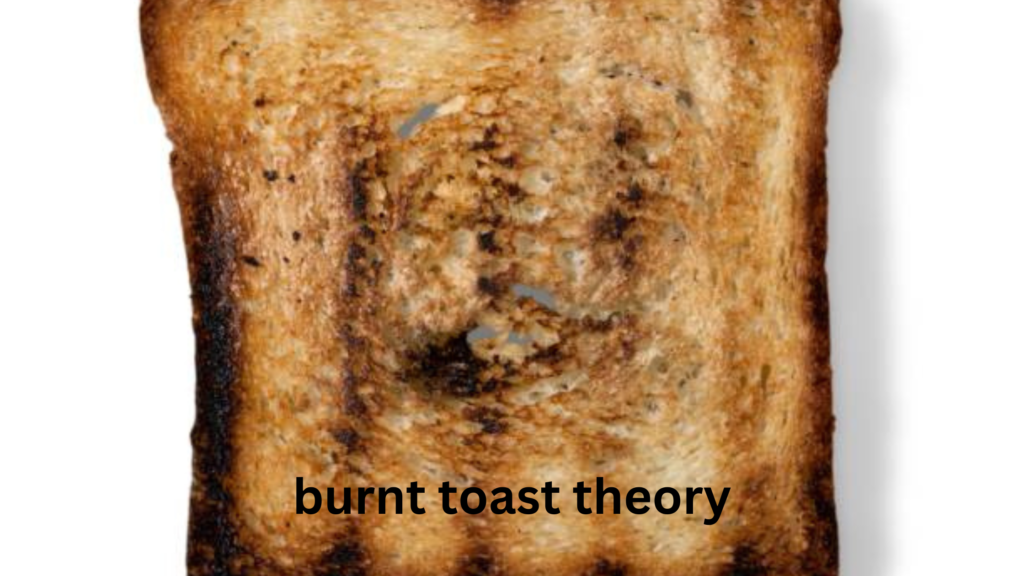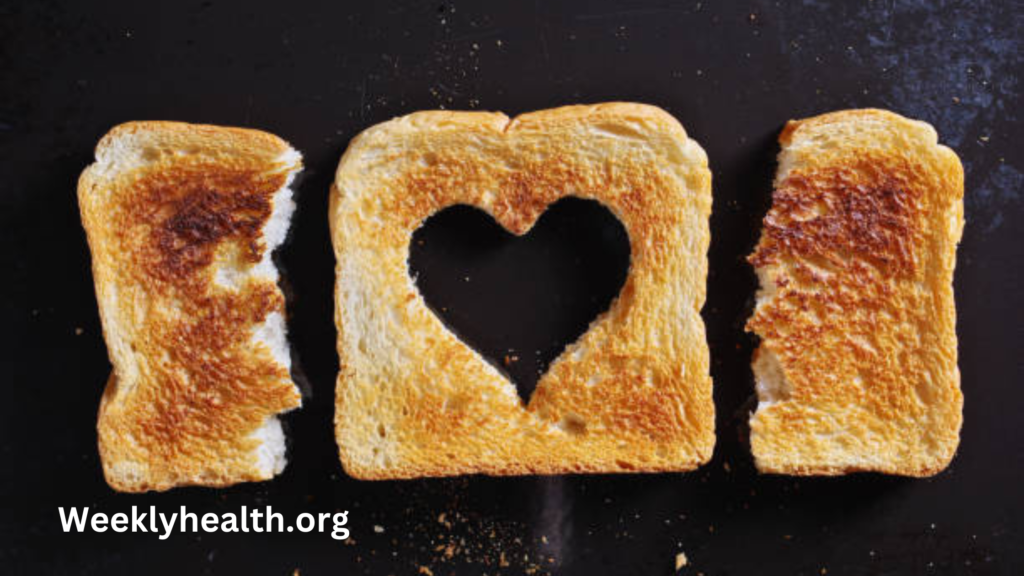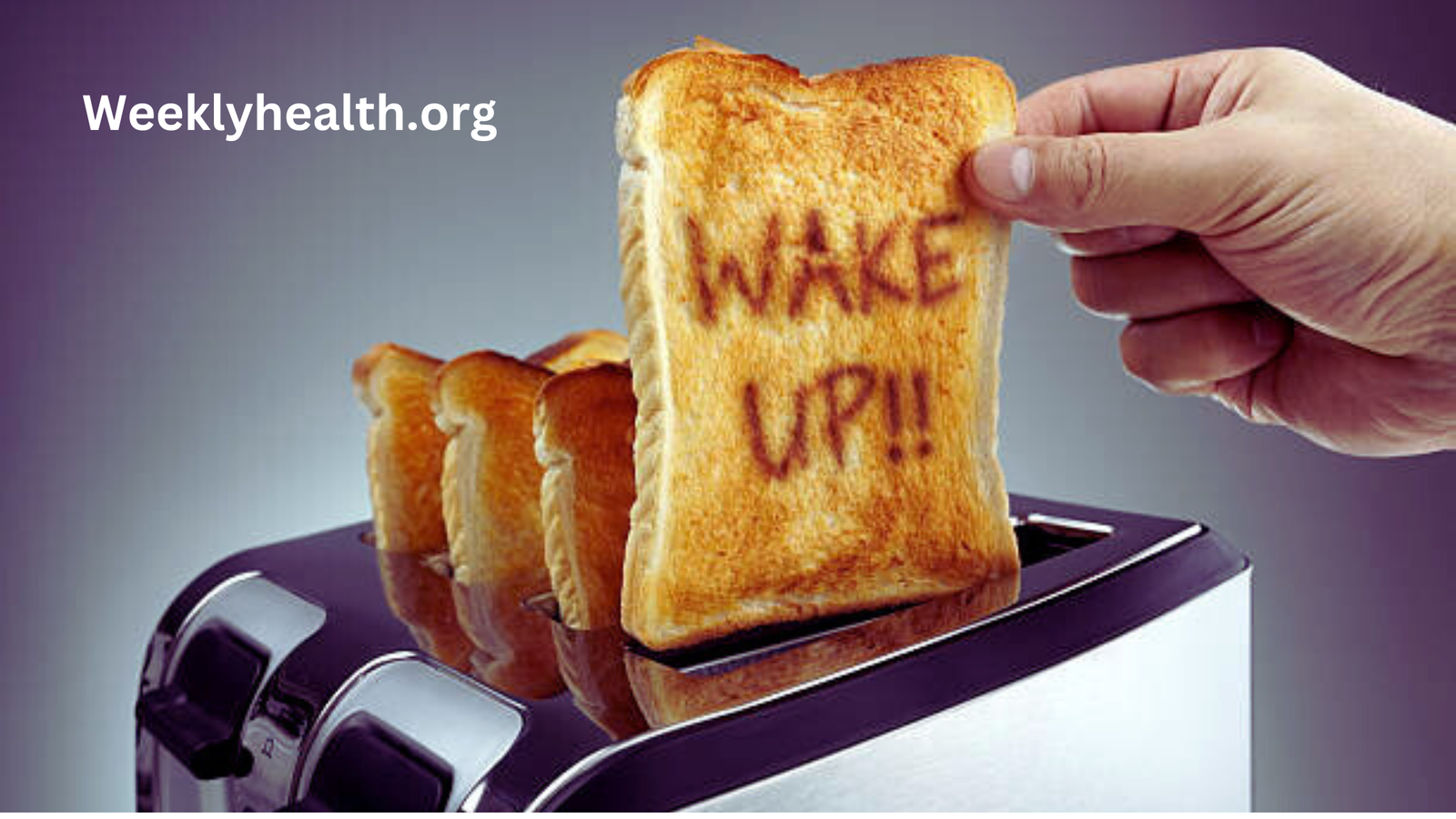The “Burnt Toast theory” is a captivating idea that delves into seemingly insignificant events in our daily lives and posits that these small events could be connected in a larger context. This concept, which often inspires an experience of philosophical reflection, has found its proximity in folkways of life, discussions of luck and fate, and even in the field of cognitive psychology. This newsletter aims to provide a comprehensive survey of Burnt Toast theory, analyzing its origins, implications and the various perspectives from which it might be understood.
The Origin of the Burnt Toast Principle
The origins of the Burnt Toast theory are truly nebulous, with numerous interpretations and diversifications over time. It is most often associated with the idea that burning toast in the morning can trigger a series of events, both positive and bad, that affect your day in unpredictable ways. This idea is rooted in broader philosophical and psychological discussions of the concepts, the butterfly effect, and the nature of causality.
Philosophical foundations
Chaos concept and butterfly impact
The Chaos Principle, a branch of mathematics that specializes in complex structures whose behavior is particularly sensitive to slight changes in situations, provides the basis for the information on the Burnt Toast theory. The Butterfly Effect, a concept within the idea of chaos, suggests that small causes will have large consequences, including the proverbial butterfly flapping its wings and causing a storm in an alternate aspect of the sector. Further, the act of toasting may theoretically want to trigger a chain of activities that have major to large effects.
Determinism vs. Loose Will
Additionally, the idea of Burnt Toast theory on the ancient debate between determinism and free will. If toasting can affect the trajectory of our day, it raises questions about how we manipulate our lives. Are our actions predetermined by using a chain of past events, or will we have the autonomy to shape our destinies? This philosophical exploration lends depth to the seemingly mundane act of toasting.
Mental perspectives
Cognitive biases and beliefs
From a psychological perspective, the idea of Burnt Toast can be examined through the lens of cognitive biases. Humans tend to perceive patterns and assign meaning to random occasions, a phenomenon called apophenia. Burning toast can stand out as a memorable event that we finally associate with various events at some point in the day, reinforcing our perception of its importance.

The role of Priming
Priming is another psychological idea applicable to the idea of Burnt Toast. This phenomenon occurs when exposure to 1 stimulus affects our response to other stimuli. If toasting puts us in a bad mood, we’re probably much more likely to interpret the day’s events negatively, creating a self-fulfilling prophecy. Conversely, a favorable way of thinking could cause an extra favorable interpretation of subsequent events.
Cultural and social implications
Celebrity Lifestyle and Media
The principle of Burnt Toast theory has made its way into popular culture, often depicted in movies, television shows, and literature. These depictions typically emphasize the unpredictability of lifestyles and the interconnectedness of seemingly unrelated activities. By examining this principle in a cultural context, we can gain insight into the way it resonates with broader societal themes and values.
Superstition and ritual
In many cultures, everyday events are imbued with symbolic means and associated with superstitions or rituals. The act of burning toast can be seen as a bad omen or a sign to perform positive rituals to counteract bad effects. These cultural interpretations upload any additional layer to our know-how concept of Burnt Toast and its place in human belief structures.
Practical programs
Threat selection and control
Expertise in Burnt Toast theory can have useful applications in decision making and odds management. By recognizing the potential effect of small opportunities, people and businesses can improve strategies to mitigate risks and take advantage of opportunities. This technique is consistent with the principles of scenario planning and contingency management.
Mindfulness and pressure discount
The acceptance of uncertainty highlighted through Burnt Toast theory can also promote mindfulness and reduce stress. By accepting that not all events are now within our control and that minor setbacks no longer always determine our entire day, we develop an extra balanced and resilient mindset. This perspective encourages us to recognize the prevailing other instead of dwelling on past mistakes or disturbing approximately future uncertainties.

Criticism and counterarguments
Skepticism and rationalism
Critics of the Burnt Toast theory say it lacks empirical evidence and is based too heavily on anecdotal studies. From a rationalist point of view, the principle can be seen as a cognitive bias that overemphasizes the importance of random events. Skeptics suggest an extra evidence-based technique to understand causality and selection.
Confirmation Bias role
Confirmation bias, the tendency to seek out, interpret, and consider data in ways that confirm our preconceptions, can also play a role in reinforcing perceptions within the Burnt Toast theory. When we expect burnt toast to result in a bad day, we are more likely to notice and remember the terrible activities while overlooking the nice ones. This bias can distort our beliefs and lead to erroneous conclusions.
Excessive emphasis on external events
Loss of inner focus of management
One significant drawback of the Burnt Toast theory is that its placement disproportionately emphasizes external activities that explain our emotional states. This external locus of manipulation can lead individuals to believe that their happiness and well-being is usually decided through external elements, not their personal movements and choices. This way of thinking can undermine a private business enterprise, and the perception of a business in a single person’s ability to determine its existence certainly exists.
Enhanced vulnerability to external stressors
When people are addicted to the concept of Burnt Toast, they turn out to be more susceptible to external stressors. Minor inconveniences or accidents can be magnified out of proportion, mainly to increased pressure and anxiety. Over the years, this creates a pattern where people are constantly at the mercy of their environment, reducing their resilience and ability to deal with challenging situations.
Reinforcing terrible cognitive biases
Confirmation of bias
The Burnt Toast theory can reinforce confirmation bias, in which individuals selectively focus on events that validate their prior beliefs. If one believes that burning toast will cause a terrible day, one may pay extra interest on bad occasions, even while ignoring favorable ones. This selective belief can create a self-enjoying prophecy and perpetuate the cycle of negativity.
Catastrophizing
Another cognitive bias that can be reinforced is catastrophizing, in which people view minor failures as catastrophic activities. Burning toast in the morning can be perceived as a signal that the whole day will be unfavorable, which will lead to unnecessary tension and anxiety. This tendency to blow small problems out of proportion can divert emotional stability and pleasant being.
Encouraging superstitious wonder
Irrational beliefs
Burnt Toast accounting can encourage superstitious questioning, where people attach undue importance to random activities. This can lead to improvements in irrational beliefs and behaviors aimed at preventing perceived bad outcomes. Over time, these superstitions can end up being deeply rooted, impacting selection and typical mental health.
Addiction to rituals
Superstitious interrogations regularly involve the introduction of rituals to ward off supposed dire luck. These rituals can become a crutch that gives a false sense of manipulation of one’s life. At the same time, they may provide temporary comfort, fail to address underlying issues, and may spare people from developing healthier coping mechanisms.

Impact on long-term emotional well-being
Lack of private boom
In addition, by attributing emotional fluctuations to external occasions such as burning toast, people may neglect deeper personal and psychological issues that require attention. This avoidance can hinder personal growth and the development of more effective coping techniques. Emotional traits require introspection and a willingness to address the underlying causes of anxiety, which the Burnt Toast theory does not allow.
Impaired problem solving skills
Effective problem-solving skills are critical to managing challenging lifestyle situations. While individuals depend on the principle of Burnt Toast, they may fail to increase these abilities as a substitute for attributing problems to terrible luck or outside opportunities. This confidence can prevent them from taking proactive steps to correct problems and improve their situation, leading to feelings of helplessness and stagnation.
Mental and emotional results
Tension and depression
Relying too much on the idea of Burnt Toast can contribute to multiple tensions and depression. Consistently anticipating dire consequences from small actions can create a pervasive revelry in terror and hopelessness. This outlook can worsen modern conditions of intellectual fitness or contribute to the development of current ones.
Reduced shallowness
Attributing dire news to dire fulfillment of desire to private agencies can erode vanity. Individuals may also begin to see themselves as victims of circumstances beyond their power to influence high-quality business in their lives. In addition, this faded sense of self-esteem can have some long-range results for emotional and mental health.
Alternatives to the Burnt Toast Idea for Emotional Wellbeing
Cognitive-behavioral approaches
Cognitive-behavioral therapy (CBT) offers evidence-based strategies for managing emotional well-being. CBT encourages individuals to challenge and reframe terrible patterns of perception, increase more beneficial coping mechanisms, and increase lifestyle elements they may be able to control. This technique promotes resilience and personal growth and provides an extra sustainable foundation for emotional fitness.
Attention and popularity
Practicing mindfulness and attraction can help people adopt a more balanced view of the existence of American falls help. Mindfulness promotes present interest and appreciation of our judgment. This method can reduce the impact of glaring failures and sell a sense of peace and ownership.
Building emotional resilience
Developing emotional resilience involves strengthening one’s ability to thrive and recover from adversity. This can be achieved through a variety of techniques that include creating a supportive social network, projecting regular physical interest, and practicing self-care. Cultivating resilience equips individuals to more successfully manage lifestyle challenges without relying on outdoor activities to dictate their emotional state.
Conclusion
While the concept of Burnt Toast offers a charming way to think about the interconnectedness of everyday sports, relying on it for emotional qualities – being will have wide-ranging drawbacks. By overemphasizing outdoor activities, reinforcing terrible cognitive biases, fostering superstitious thinking, and neglecting the deeper private boom, individuals can undermine their long-term emotional health. As a substitute, adopting holistic evidence-based approaches along with cognitive-behavioral techniques, mindfulness, and resilience building may provide a stronger foundation for treating emotional well-being. Embracing healthier alternatives can make for an extra balanced, empowered and enjoyable lifestyle.


